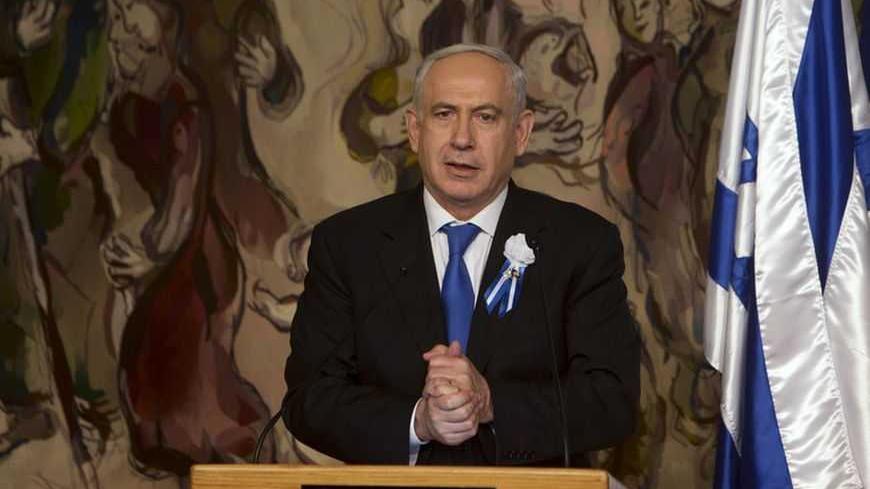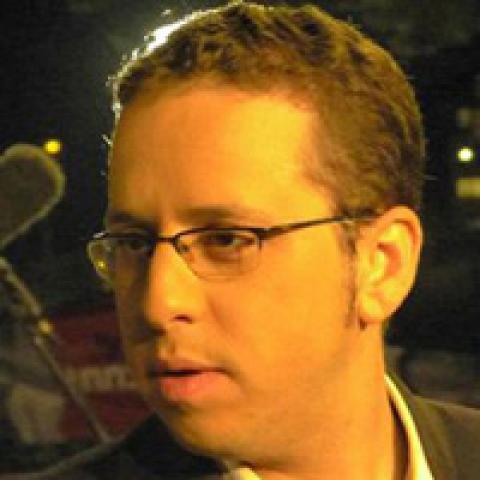Take as an example Ariel Atias, one of the leaders of the Shas party. He has been in politics for seven years, all of them as a government minister. At the age of 36, he was appointed minister of communications in [former Prime Minister] Ehud Olmert’s government, and three years later was upgraded to the position of minister of housing and construction in Benjamin Netanyahu’s government. Atias’ friend in the Shas leadership, [former Minister of Interior] Eli Yishai, was elected to the Knesset 17 years ago, 14 of which he spent serving as a minister in three different government ministries. That’s the way it is in Shas: No matter who is in power — Likud, Labor or Kadima — they are always there, loyal partners in every government. In the 29 years since the founding of Shas, Israel has had ten governments; Shas was a partner in nine. This introduction is required in order to understand the earth-shaking significance of the fact that in the coming days an Israeli government is about to be established without the presence of ultra-Orthodox politicians.
Along with Shas is its older, leaner sister, Yahadut HaTorah. Several days from now, Knesset Member Moshe Gafni will pack his things and with deep sadness vacate the office of chairman of the Knesset Finance Committee, the eternal stronghold of the ultra-Orthodox Ashkenazi party. Given the choice between serving as prime minister or as chair of the Finance Committee, the Yahadut HaTorah politician will unfailingly opt for the latter. No other party in the Knesset has held on with such obsessiveness to one specific position for such a long time. There’s a good reason for Yahadut HaTorah’s long-standing desire specifically for this position; it’s no coincidence that six of its representatives have headed this committee for most of the past 35 years. From this position, the ultra-Orthodox were well placed to take care of the sector that sent them to the Knesset. If they hold the seat of committee chairman, there’s no importance to the number of other seats the party controls in the Knesset. Yahadut HaTorah is, after all, a small party, usually with five Knesset seats, or six. Who cares? All they have to do is take control of the central intersection of government money transfers, and from there on they will manage.



